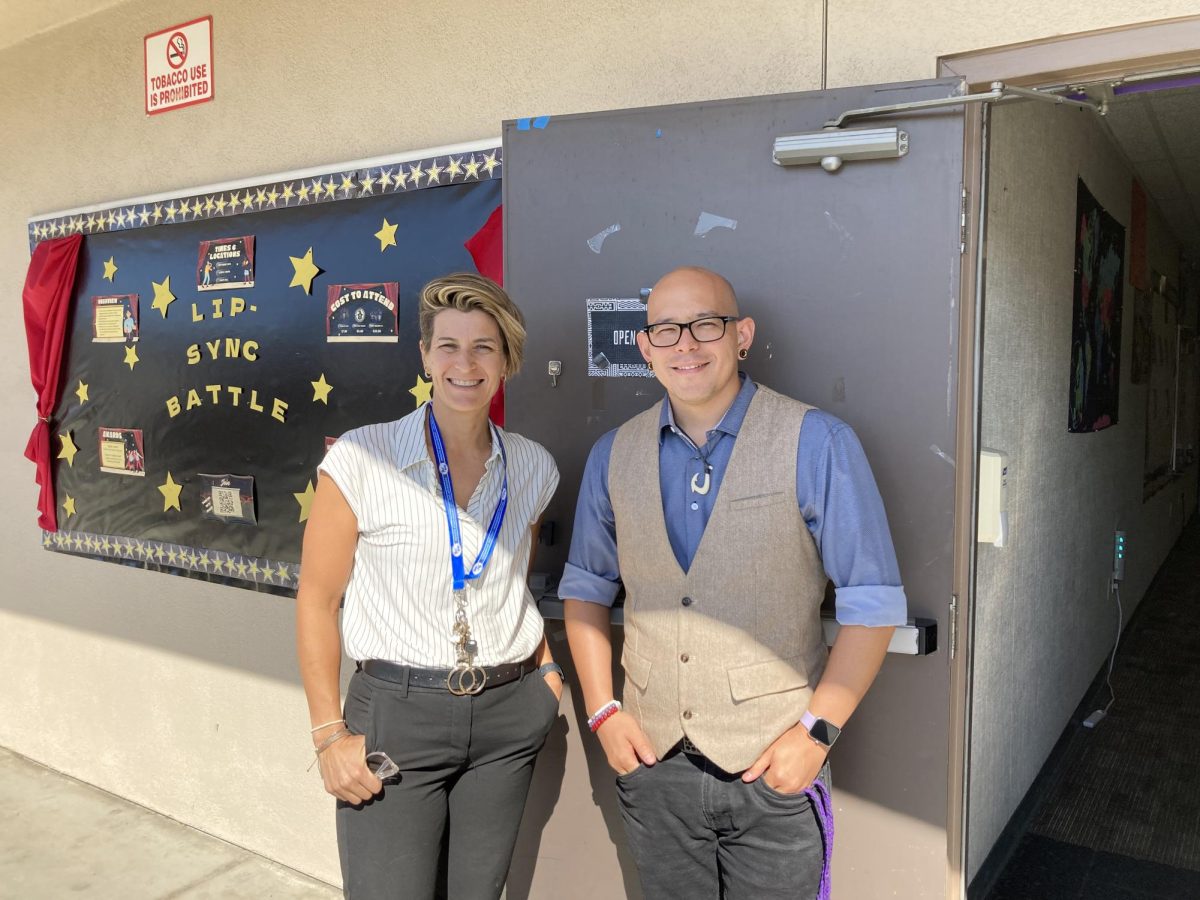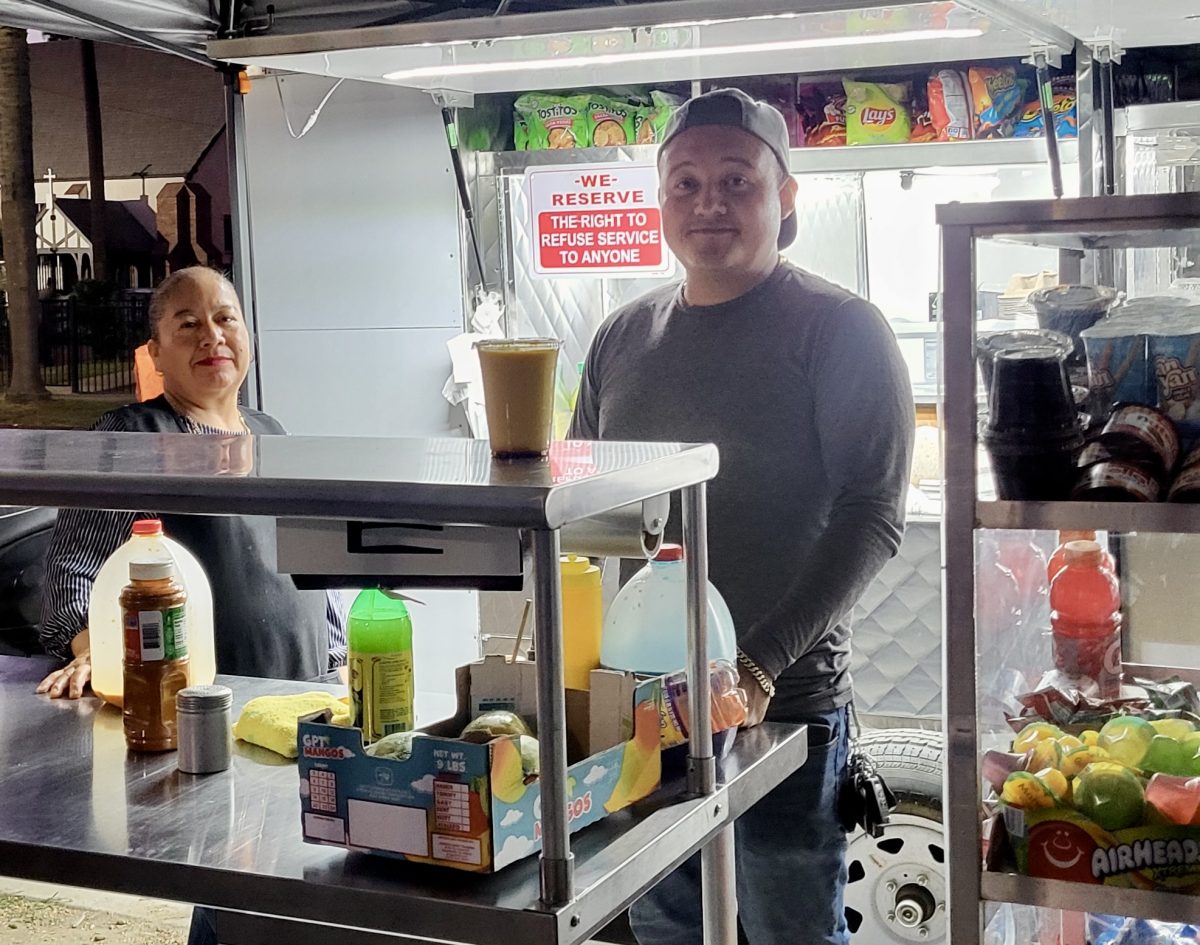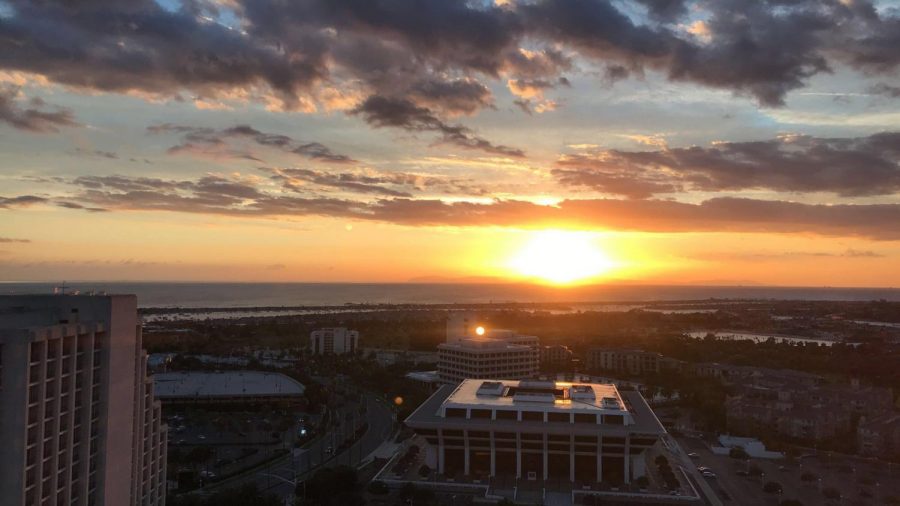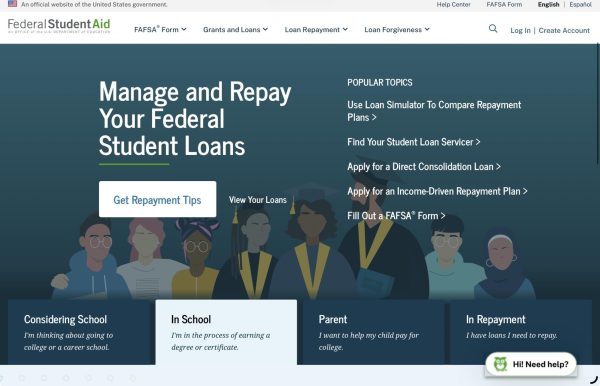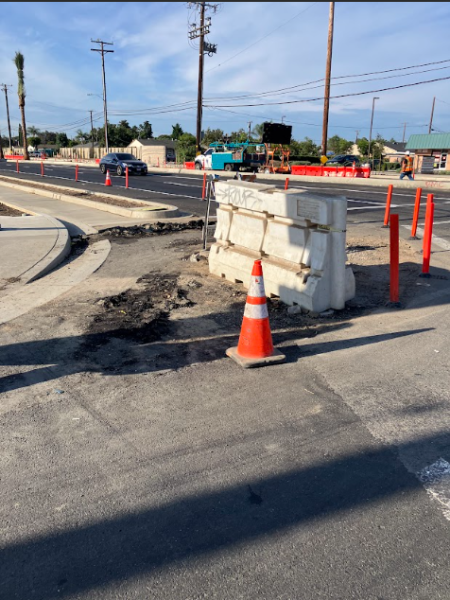Will climate change deteriorate our earth?
Sun setting in Newport Beach, CA
It is no surprise that the weather has been ever changing lately. We go from storms, to sunny days, to rain, and cold days. More than ever, the earth is experiencing climate change. Many places in the world have suffered because of it. Countries have been flooded, others have experienced extreme winds, and many have experienced snow storms. It seems like no one is able to predict the weather anymore, not even meteorologists. Could human activity be a cause of climate change?
Climate change is simply a new weather pattern resulting in changes in earth’s weather system. Climate change usually lasts decades and sometimes for millions of years. Just recently, Nebraska has experienced massive flooding that resulted in billion dollars of loss. According to Perry Miller, the state encountered massive amounts of rain this winter along with snow. Miller states, “The flooding crisis started last week after a hurricane-like storm ripped through Nebraska, dumping massive amounts of rain on top of heavily packed snow. The warmer temperatures and moisture rapidly melted the snow, leading to widespread flooding throughout the state.” Flooding is said to be so bad, satellites from outer space are picking up visible images. This is all a cause of climate change and its effect to the rapid increase of temperature.
Drastic changes in the environment have even been present here in Santa Ana. Santa Ana is infamous for it’s “Santa Ana winds.” They are known to be very dry, strong, and oftentimes cause fires all over Southern California. “Santa Ana winds — which routinely whip up walls of flame through brush-covered hillsides — will likely be tempered in coming decades as a result of climate change.” Over the years, we’ve seen more and more dangerous fires come across Southern California and it all seems to be due to climate change.
Although we may not know it, humans depend on many substances to get them through their day that actually trigger climate change. The United States gets 81% of its total energy from oil, coal, and natural gas, all of which are fossil fuels. All these fossil fuels heat our stoves, run our cars, and provide us with electricity. Eventually, the degree to which we depend on fossil fuels will have to decline as the planet’s known supplies diminish, the difficulty and cost of tapping remaining reserves increase, and the effect of their continued use on our planet grows more critical. The burning of fossil fuels produces around 21 billion tonnes of carbon dioxide a year. It is estimated that natural processes can only absorb about half of that amount. This means that there is an excess amount of carbon stuck in the atmosphere that contributes to the heating of the planet.
97 percent of scientists say humans are responsible for climate change. So, what is it that humans can do to slow down the process of climate change?
Walter Uriostigi, senior at Middle College, had some thoughts in mind to share about climate change. Uriostigi states, “We can’t do more about it than we’ve already done. I’m pretty sure everything is going to work itself out.”
Chemistry teacher Mr. You states, “Climate change is a big issue, I really do believe it could end the earth. Just the thought of it makes me nervous to anticipate the change it will cause. You can hope for the best, and through our actions we can hope to delay it. Humans have been able to adapt through centuries, so there is always the hope of adaptation in the future. “
However, there are many steps we can take to slow down the process. Riding a bicycle to work or using public transportation are just some of the things we can do to slow down climate change. You can help by growing your own vegetables and fruits. You can help by planting a tree. Believe it or not, your new plants and trees will help to remove the greenhouse gas CO2 from the air. If you grow some of your own food, you will also help to prevent more CO2 from entering the air from the fossil-fuel-burning trucks, planes, and ships that transport your food to you. Turn off lights, TV’s and adapters when you do not need them, they actually take quite a lot of energy that releases CO2 in the air. Taking little steps now can really shape the way our world looks tomorrow.
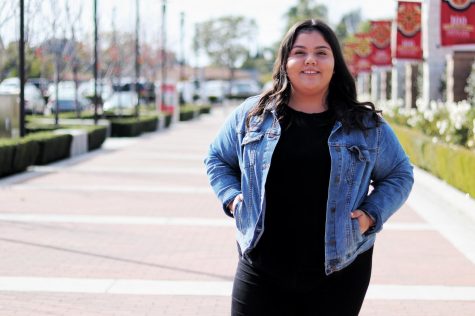
Fun Facts
My favorite books series is: The Series of Unfortunate Events
I enjoy cooking/baking
I love coffee (iced coffee)


